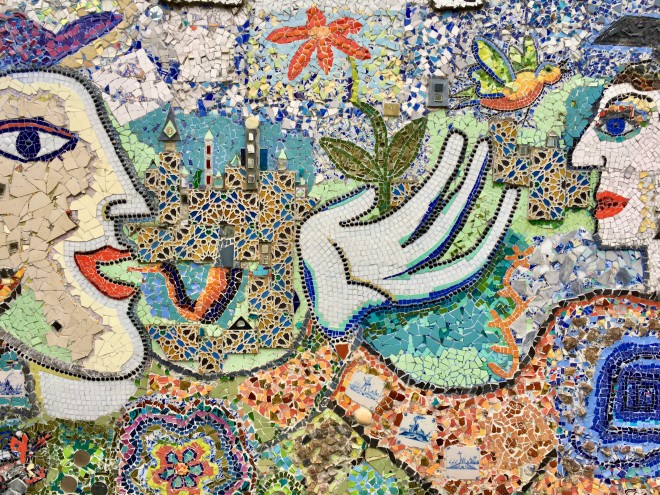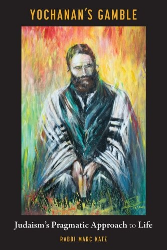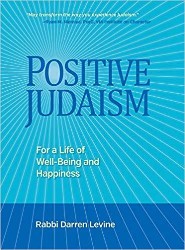As a former ambassador and peace negotiator, Daniel Taub is no stranger to hard conversations. Beyond Dispute: Rediscovering the Jewish Art of Constructive Disagreement is the culmination of his many years of practice. In it, Taub lays out a pathway out of today’s divisive, intractable political logjam and toward compromise, dialogue, and acceptance.
In his introduction, Taub explains that most people have two approaches to conflict, flight or fight. Those who flee from conflict avoid it at all costs, viewing arguments are dirty and divisive. Those who fight see disputes as a battlefield where they must win. Taub’s book offers a third way, one that he finds woven deeply into the Jewish tradition. This third way involves deep listening, embracing messy compromises, and understanding that no one has a monopoly on “truth.” More than anything it welcomes dispute provided we draw the right boundaries around it.
As Taub explains, his book defies easy categorization. While it includes many insights from the Jewish tradition, it does not stop there. Taub also includes anecdotes from history, philosophy, and his own career. By speaking about himself and highlighting his challenges around nurturing healthy conflict, Taub humanizes the struggle. He shows that even the most intractable problems, like the future of Palestinian/Israeli relations can benefit from much of the ancient wisdom he puts forth.
In presenting the Jewish view of dispute, Taub is both erudite and thoughtful. Since he is not the first person to explore the subject, well-read students will be familiar with many of the most-quoted sources on the subject that Taub cites: the Hillel and Shammai debates, the story of Yochanan and Reish Lakish, notions that Judaism preserves the minority opinion in the Talmud. However, Taub also surprises his reader with other, more hidden gems. In one, he quotes a relatively obscure fourteenth-century rabbi, Menacham Recanati, to explain why we shouldn’t be too hard on our leaders, since they are often given the thankless task of making difficult decisions. In another he actually quotes a student of his whose insight into Adam and Eve shows why we will never actually fully achieve an understanding of what God’s Truth is. This later case shows models for his readers that wisdom can come from anywhere, even and especially one’s student, an important point he makes throughout the book.
This anecdote about Adam and Eve also serves as the most controversial aspect of his book. If we don’t have access to the entirety of God’s Truth, that means that two people who disagree can each have a piece of it. Although a freeing idea, one that seeks to unite disparate individuals and opinions rather than divide, Taub doesn’t dwell too deeply into how to choose. In quoting Voltaire, he makes the case that “doubt is not a pleasant condition, but certainty is a ridiculous one.” Thus, even as he doesn’t give us a pathway to decide who is closer to Truth he gives us permission to have compassion on ourselves and others as we seek to find it.
Taub has written an incredibly readable, entertaining, and thought-provoking book. At times funny — Taub is a master at finding a relevant joke to express his point — and at times deeply serious, this is the kind of book you will call on in your day-to-day encounters both personally and professionally. As Taub reminds us, “our highest aspiration is not to resolve our arguments but to have meaningful ones, which brings us closer not only to the truth but to each other.”
Rabbi Marc Katz is the Rabbi at Temple Ner Tamid in Bloomfield, NJ. He is author of the books Yochanan’s Gamble: Judaism’s Pragmatic Approach to Life (JPS) chosen as a finalist for the PROSE award and The Heart of Loneliness: How Jewish Wisdom Can Help You Cope and Find Comfort (Turner Publishing) which was chosen as a finalist for the National Jewish Book Award.





